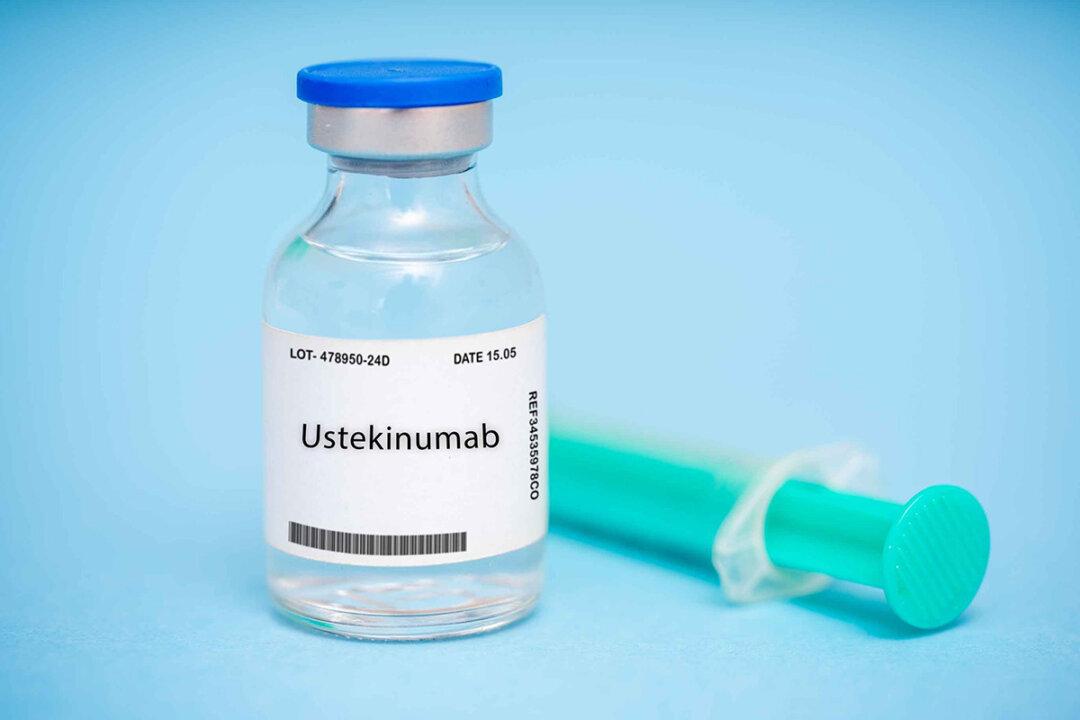The U.S. Centers for Disease Control and Prevention (CDC) has issued an alert to health care providers due to an increasing number of cases of invasive meningococcal disease.
As of March 25, there have been 143 cases reported across the U.S., marking a significant increase from the 81 cases reported during the same period last year. The year 2023 saw a record high of 422 meningococcal disease cases, the highest number since 2014.
What Is Meningococcal Disease?
Meningococcal disease is caused by the bacterium Neisseria meningitidis. It is an airborne illness transmitted through respiratory and throat secretions during close or prolonged contact. Both people with meningococcal disease and asymptomatic carriers of the bacteria can spread the infection. However, only humans can host this bacterium.At the initial onset, symptoms are relatively non-specific. Common symptoms include fever, headache, stiff neck, nausea, vomiting, photophobia, or altered mental state.
Symptoms also mirror those associated with meningococcal bloodstream infection, such as fever, chills, fatigue, vomiting, cold extremities, severe body aches, rapid breathing, diarrhea, and later, a dark purple rash.
Strains Currently Spreading Across U.S.
The CDC reports that six serogroups or strains of the bacterium that cause meningococcal disease are currently circulating worldwide, but four are prevalent in the U.S.The most common strain, ST-1466, has been responsible for most cases in the country over the past 18 months.
So far in 2024, there has been an increase of 62 cases compared to the same time last year.
Of the 422 cases reported in 2023, 64 percent presented with bacteremia, and 4 percent presented with septic arthritis. Of the 94 patients with known outcomes in 2023, 18 percent died, reflecting a higher case-fatality rate than the rate between 2017 and 2021.
What to Do If Symptoms Develop?
People who believe they have been exposed to meningococcal disease should be aware of the symptoms. If you or a child develops any of them, seek medical attention immediately.If a doctor suspects someone has contracted meningococcal disease, they should promptly initiate antibiotic treatment. The most common treatment options are penicillin or ampicillin. Sometimes, additional treatment may be required to eliminate nasopharyngeal carriage of the bacteria. In such cases, ciprofloxacin or ceftriaxone are often used.







